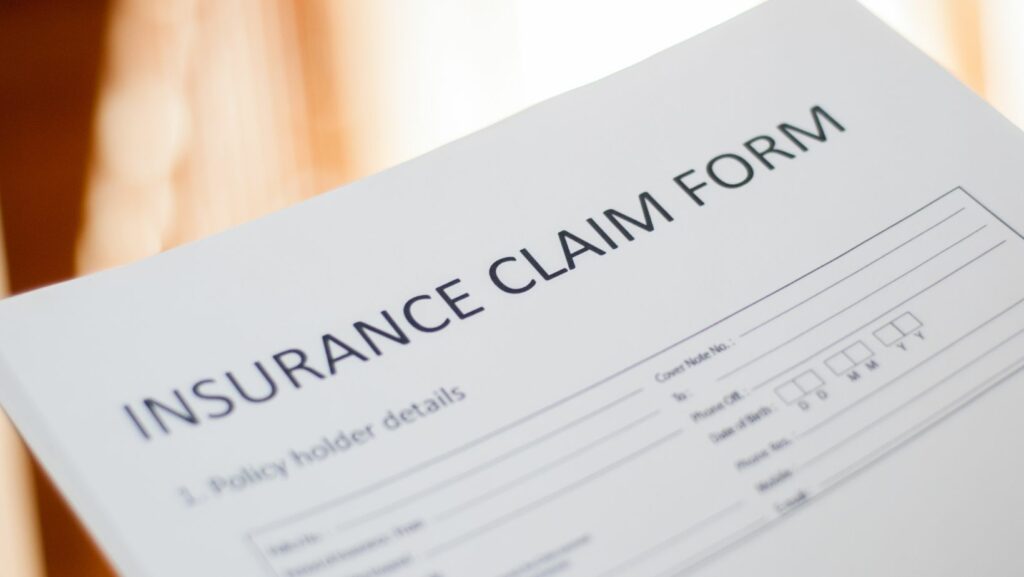Insurance is a vital safeguard for commercial properties, protecting against unforeseen events resulting in significant financial losses. However, making a claim can be complex and challenging. Public adjusters in Texas provide valuable services that can maximize your insurance claim, but they require a strategic approach, careful documentation, and a thorough understanding of the policy terms. We will explore the various steps and considerations necessary to ensure that you receive the full benefits to which you are entitled, thus protecting your investment and ensuring continuity in your business operations.
Understanding Your Insurance Policy
One of the first steps in maximizing an insurance claim for commercial properties is thoroughly understanding your insurance policy. Policies can be complex and filled with legal jargon that is difficult to interpret. Reading through the entire document and understanding the specific coverage, exclusions, and liability limits is crucial. Pay attention to definitions and the fine print. This understanding will provide a clear picture of what is covered and what is not, helping you avoid any surprises when filing a claim. If any policy aspects are unclear, seek clarification from your insurance provider. This knowledge is the foundation upon which a successful claim can be built.
Accurate Documentation and Record-Keeping
Proper documentation and meticulous record-keeping are essential when filing an insurance claim. This process should start well before any incident occurs. Maintain up-to-date records of all property-related documents, including purchase receipts, maintenance records, and previous claims. In the event of a loss, document everything immediately. Take detailed photographs and videos of the damage, and keep a correspondence log with your insurance company. Accurate documentation serves as concrete evidence to support your claim and can significantly speed up the process. It also helps to prevent disputes with the insurer about the extent of the damage or the claim’s value.
Timely Reporting of Claims
Time is of the essence when it comes to reporting insurance claims. Most insurance policies have specific time frames within which claims must be reported. Please report within this period to avoid the denial of your claim. As soon as an incident occurs, notify your insurer immediately.

This prompt action demonstrates your seriousness about the claim and allows the insurer to start the investigation process without delay. Early reporting also minimizes the risk of further damage, as the insurer can quickly arrange temporary repairs or other necessary measures to mitigate additional losses.
Engaging with Insurance Adjusters
Insurance adjusters play a crucial role in the claims process. They assess the damage and determine the amount the insurer will pay for the claim. Building a good relationship with the adjuster can be beneficial. Be cooperative and provide them with all the information they need. However, it is also essential to be vigilant. Adjusters work for the insurance company, and their primary goal is to minimize the payout. Be prepared to negotiate and advocate for a fair settlement. If you feel the adjuster’s assessment is inaccurate, you can request a second opinion or hire an independent adjuster.
Mitigating Further Damage
After an incident, taking immediate steps to prevent further damage to your property is critical. Most insurance policies have a clause requiring policyholders to mitigate additional damage. You should take reasonable steps to protect the property from further harm. For instance, if a storm damages the roof, you should cover the exposed area to prevent water from causing more damage. Please do so to avoid a reduced payout or even a claim denial. Document these mitigation efforts thoroughly and keep receipts for any expenses incurred, as these can be included in your claim.
Navigating the Claims Process
The claims process can be daunting, but staying organized and informed can make it more manageable. Keep a detailed timeline of all events, communications, and actions related to the claim. Understand the steps involved in the process, from initial reporting to final settlement. Regularly follow up with your insurance provider to check the status of your claim.

Being proactive and maintaining clear communication helps ensure your claim is noticed and completed on time. If you encounter any challenges or feel that your claim is being unfairly handled, don’t hesitate to escalate the matter within the insurance company or seek external advice.
Understanding Policy Limits and Deductibles
Knowing the limits of your policy and the applicable deductibles is essential in the claims process. The policy limit is the maximum amount your insurer will pay for a covered loss, while the deductible is the amount you must pay out of pocket before the insurance coverage kicks in. Understanding these figures helps you set realistic expectations for your claim. In some cases, policyholders may find that the damage exceeds the policy limit, which can be a significant financial burden. In such situations, explore all available options, including additional coverage or endorsements that might apply. Knowing these details beforehand can prevent surprises and help you plan accordingly.
Maximizing an insurance claim for commercial properties involves a combination of thorough preparation, detailed documentation, and proactive management of the claims process. Understanding your policy, keeping accurate records, reporting promptly, engaging effectively with adjusters, mitigating further damage, navigating the process diligently, and understanding your policy limits and deductibles are all crucial steps. By following these guidelines, you can ensure that you receive the full insurance coverage benefits, thereby safeguarding your commercial property and ensuring the continuity of your business operations. Being well-prepared and informed can make a significant difference in the outcome of your claim.


More Stories
How Art-Inspired Design Is Shaping the Homes of Tomorrow
Read Tells In Online Poker
Injured in a Fall at a Friend’s House? Your Legal Rights in Residential Accidents